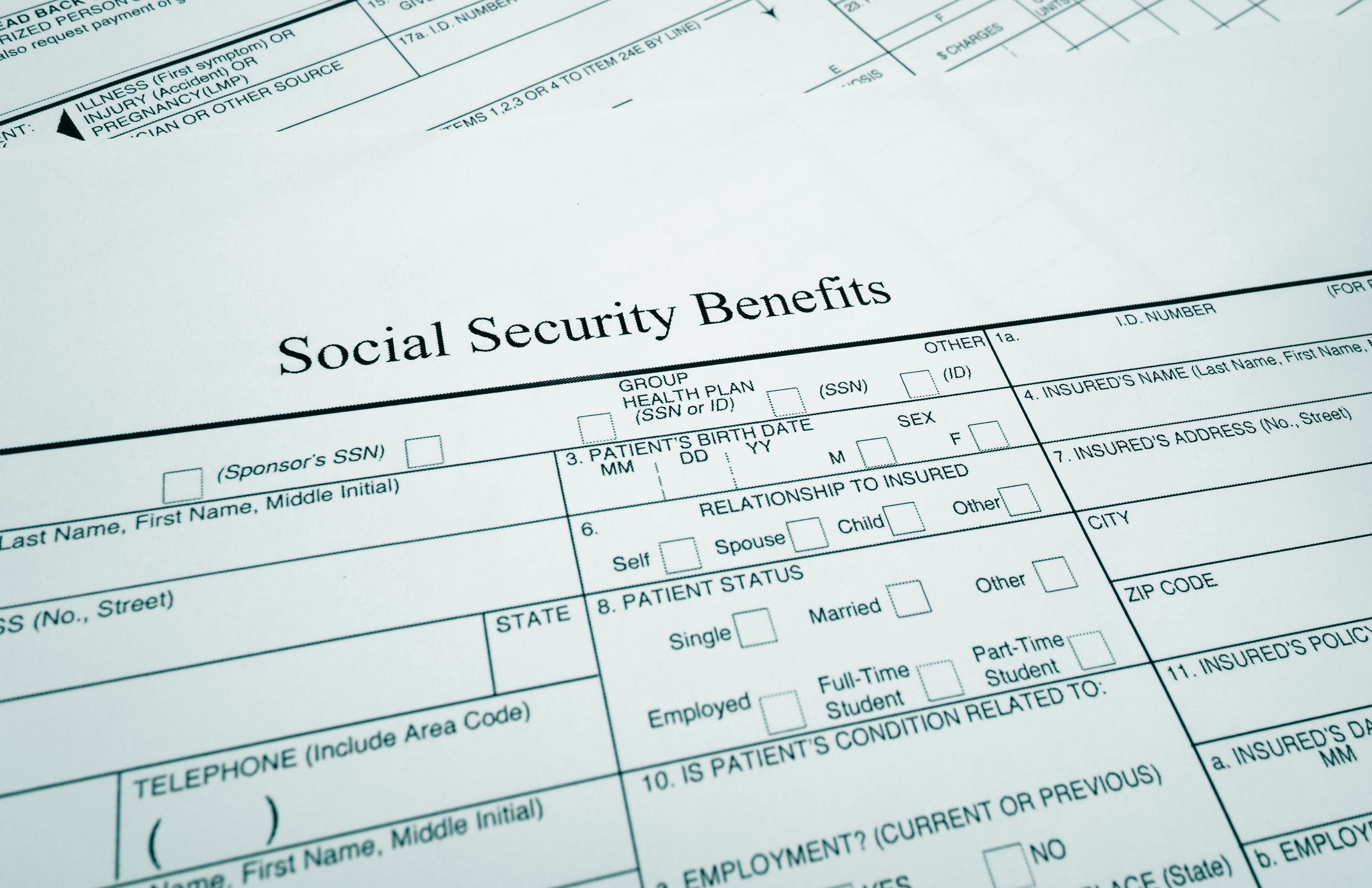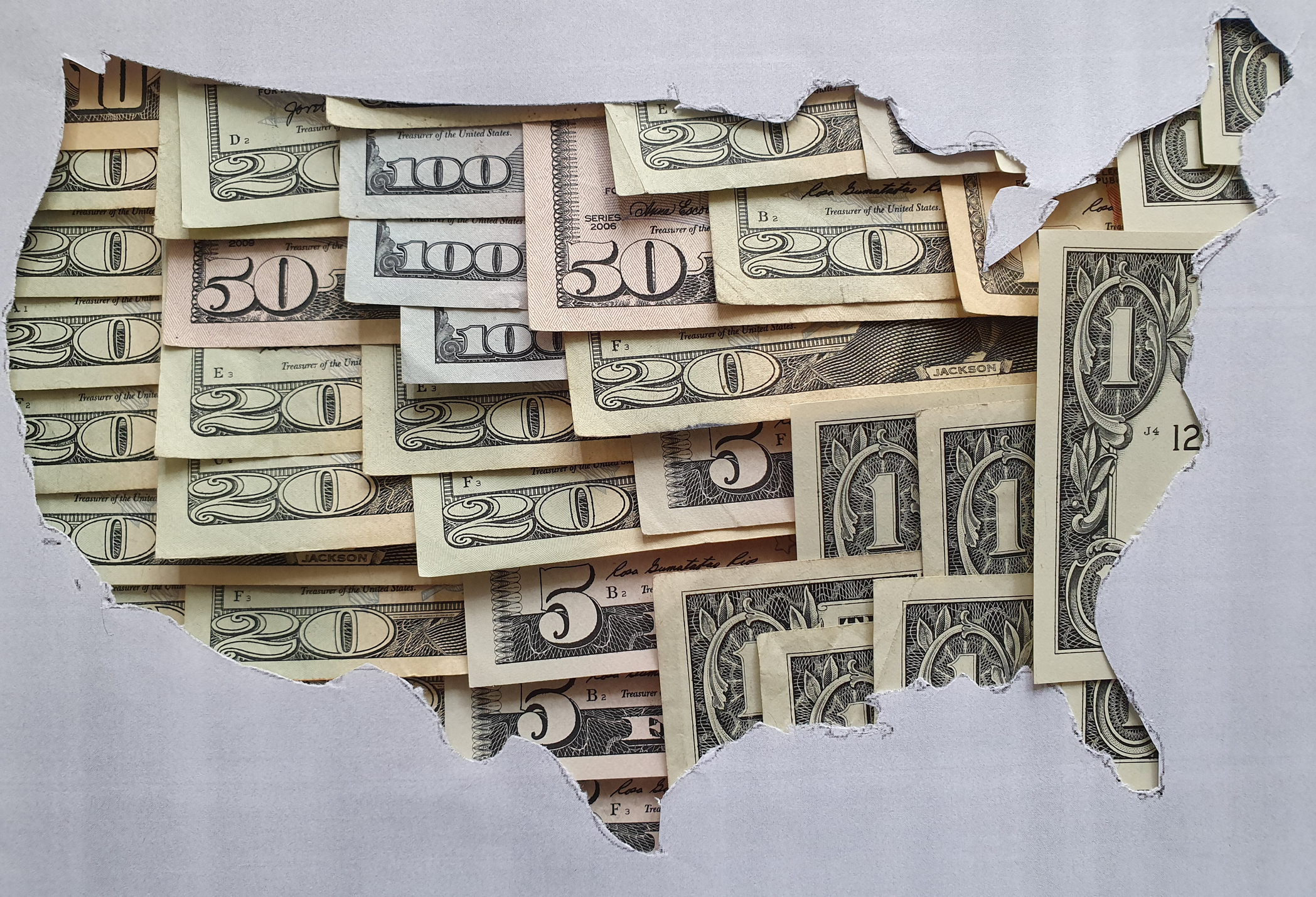What's My Social Security Full Retirement Age?
The year you were born determines when you become eligible for your Social Security full retirement age (FRA) benefit. Use our calculator to determine your FRA.

Profit and prosper with the best of Kiplinger's advice on investing, taxes, retirement, personal finance and much more. Delivered daily. Enter your email in the box and click Sign Me Up.
You are now subscribed
Your newsletter sign-up was successful
Want to add more newsletters?

Delivered daily
Kiplinger Today
Profit and prosper with the best of Kiplinger's advice on investing, taxes, retirement, personal finance and much more delivered daily. Smart money moves start here.

Sent five days a week
Kiplinger A Step Ahead
Get practical help to make better financial decisions in your everyday life, from spending to savings on top deals.

Delivered daily
Kiplinger Closing Bell
Get today's biggest financial and investing headlines delivered to your inbox every day the U.S. stock market is open.

Sent twice a week
Kiplinger Adviser Intel
Financial pros across the country share best practices and fresh tactics to preserve and grow your wealth.

Delivered weekly
Kiplinger Tax Tips
Trim your federal and state tax bills with practical tax-planning and tax-cutting strategies.

Sent twice a week
Kiplinger Retirement Tips
Your twice-a-week guide to planning and enjoying a financially secure and richly rewarding retirement

Sent bimonthly.
Kiplinger Adviser Angle
Insights for advisers, wealth managers and other financial professionals.

Sent twice a week
Kiplinger Investing Weekly
Your twice-a-week roundup of promising stocks, funds, companies and industries you should consider, ones you should avoid, and why.

Sent weekly for six weeks
Kiplinger Invest for Retirement
Your step-by-step six-part series on how to invest for retirement, from devising a successful strategy to exactly which investments to choose.
Waiting until your Social Security full retirement age (FRA) to start taking benefits can have a big financial payoff. Any delay in taking your Social Security benefits will increase your monthly check for the rest of your life. Your check will get a bump up for every month you don't collect benefits up to the age of 70.
If you wait until your full retirement age, you can collect 100% of your Social Security retirement benefit. Initially, when the Social Security Act was signed into law in 1935, that age was 65. However, a law passed in 1983 gradually increased the retirement age to 67.
You can take your benefits early — which will reduce your checks — or delay until past your full retirement age, netting you a bigger benefit. Despite the financial incentive of waiting, we explore some sound reasons to take Social Security early.
Calculate your Social Security full retirement age
Claiming early reduces benefits
Deciding when to apply for your Social Security has an impact on the retirement benefits you'll receive. You can claim it as early as 62, but you'll receive a smaller amount if you do. How much your benefits will be reduced depends on your age when you claim Social Security.
For example, let’s say you are eligible for 100% of your benefits at age 67, which is the full retirement age for anyone born in or after 1960:
From just $107.88 $24.99 for Kiplinger Personal Finance
Become a smarter, better informed investor. Subscribe from just $107.88 $24.99, plus get up to 4 Special Issues

Sign up for Kiplinger’s Free Newsletters
Profit and prosper with the best of expert advice on investing, taxes, retirement, personal finance and more - straight to your e-mail.
Profit and prosper with the best of expert advice - straight to your e-mail.
- If you claim Social Security early at age 62, your benefit will be reduced by 30%
- If you claim early at age 63, your benefit will be reduced by 25%
- If you claim early at age 64, your benefit will be reduced by 20%
- If you claim early at age 65, your benefit will be reduced by 13.3%
- If you claim early at age 66, your benefit will be reduced by 6.7%
Under this example, if you were eligible for $1,000 a month at your full retirement age of 67, then the benefit would be reduced to $700 a month if you claimed at 62; $750 if you claimed at 63; and so on, according to the Social Security Administration.
The reduction is calculated each month, not every year, so every month you wait after age 62 will mean a slightly bigger Social Security check in your pocket.

Waiting to claim increases benefits
You can also wait as late as age 70 to start collecting Social Security benefits. Doing so boosts your retirement benefits. After age 70, there's no benefit to waiting to claim Social Security.
Here’s how your benefit will increase if you wait to claim Social Security:
- If you delay claiming until age 68, your benefit will increase by 8%
- If you delay claiming until age 69, your benefit will increase by 16%
- If you delay claiming Social Security until age 70, your benefit will increase by 24%
Using this example, if you were eligible for a Social Security retirement benefit of $1,000 per month at your full retirement age of 67, the benefit would increase to $1,080 if you delay claiming until age 68; $1,160 if you delay to age 69; and $1,240 if you delay to age 70.
The age at which you start Social Security benefits may affect your spouse's benefits. You may have more flexibility if you are married, since one spouse can start taking benefits while the other waits. So, if you are married, be sure to factor in your spouse's FRA and when they plan to start benefits.
Once again, the delayed retirement credits accrue monthly, not annually, so every month you wait beyond age 67 will net you a slightly bigger monthly check from Social Security. To see how this effect works in the real world, read more on the average Social Security check by age.

Read: Five Reasons You Should Take Social Security At 62 (and Five Reasons You Should Wait)
How to determine when to start taking benefits
When you begin taking Social Security is a personal decision that is influenced by several factors including your health and financial needs. It may also depend on if you have other retirement income, like a 401(k) or an IRA, and how much you have saved in the bank. Other things to consider may include:
- If you want to keep working during your retirement years
- If you need the money now to pay for living expenses
- If you’re in good health or you’re in poor health or disabled
- If you’re eligible for Social Security spousal or survivor benefits
What is the average retirement age?

The average retirement age in the U.S. is 62, according to multiple studies. The Employee Benefit Research Institute (EBRI) showed the median retirement age for Americans is 62.
The most recent (2024) survey from MassMutual found that 48% of retirees retired earlier than planned, but that the average retirement age is still 62 and the ideal retirement age is 63.
When you retire depends on many factors and no two people are the same. Planning is key to ensuring you can thrive in retirement.
Why knowing your FRA is so important
When you're planning for retirement, it's vital to understand how Social Security works. In particular, what your full retirement age (FRA) is — the age at which you qualify for 100% of your retirement benefits, determined by your birth year. Understanding your FRA will help you make an informed choice about the right age to begin taking Social Security, and maximize your chances for a financially secure retirement.
Read More
- How Your Social Security Check Changes at Ages 62, 65, 66, 67 and 70
- Six Changes Coming to Social Security in 2026
- The '8-Year Rule of Social Security' — A Retirement Rule
- The Average Social Security Check in Every State
Profit and prosper with the best of Kiplinger's advice on investing, taxes, retirement, personal finance and much more. Delivered daily. Enter your email in the box and click Sign Me Up.
Jackie Stewart is the senior retirement editor for Kiplinger.com and the senior editor for Kiplinger's Retirement Report.
- Kathryn PomroyContributor
- Ellen B. KennedyRetirement Editor, Kiplinger.com
-
 Ask the Tax Editor: Federal Income Tax Deductions
Ask the Tax Editor: Federal Income Tax DeductionsAsk the Editor In this week's Ask the Editor Q&A, Joy Taylor answers questions on federal income tax deductions
-
 States With No-Fault Car Insurance Laws (and How No-Fault Car Insurance Works)
States With No-Fault Car Insurance Laws (and How No-Fault Car Insurance Works)A breakdown of the confusing rules around no-fault car insurance in every state where it exists.
-
 7 Frugal Habits to Keep Even When You're Rich
7 Frugal Habits to Keep Even When You're RichSome frugal habits are worth it, no matter what tax bracket you're in.
-
 Taxes on Retirees: A State by State Guide
Taxes on Retirees: A State by State GuideRetirement Taxes See how each state treats retirees when it comes to income, sales, property and other taxes.
-
 How to Calculate RMDs (Required Minimum Distributions) for IRAs
How to Calculate RMDs (Required Minimum Distributions) for IRAsTools Understand when and how to calculate RMDs and avoid stiff penalties from your tax-deferred IRA.
-
 Retirement Calculator: How Much Do You Need to Retire?
Retirement Calculator: How Much Do You Need to Retire?Tools Our Retirement Calculator helps you estimate the future value of your retirement savings and how much you need to save each month to reach your retirement goal.